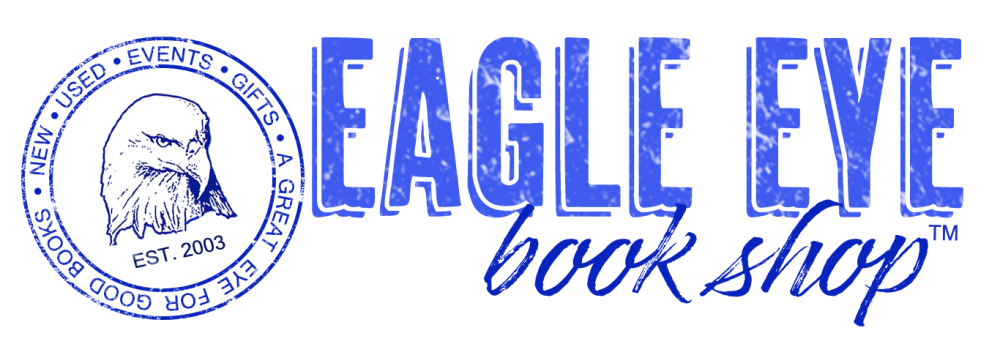
Where All Good Flappers Go: Essential Stories of the Jazz Age
Description
"I believe in the flapper as an artist in her particular field, the art of being – being young, being lovely." -- Zelda Fitzgerald
A sparkling new collection of "flapper fiction": stories featuring the iconic women who defined the Jazz Age
Edited and introduced by David M. Earle
Vivacious, charming, irreverent, the flapper is a girl who knows how to have a roaring good time.
In this collection of short stories, she’s a partygoer, a socialite, a student, a shopgirl, and an acrobat. She bobs her hair, shortens her skirt, searches for a husband and scandalises her mother. She’s a glittering object of delight, and a woman embracing a newfound independence.
Bringing together stories from widely adored writers and newly discovered gems, principally sourced from the magazines of the period, this collection is a celebration of the outrageous charm of an iconic figure of the Jazz Age.
This fabulous collection includes:
- Zelda Fitzgerald “What Became of the Flapper”
- Dana Ames “The Clever Little Fool”
- F. Scott Fitzgerald “Bernice Bobs her Hair”
- Rudolph Fisher “Common Meter”
- John Watts “Something For Nothing”
- Dorothy Parker “The Mantle of Whistler”
- Katherine Brush “Night Club”
- Gertrude Schalk “The Chicago Kid”
- Dawn Powell “Not the Marrying Kind”
- Vina Delmar “Thou Shalt Not Killjoy”
- Guy Gilpatric “The Bride of Ballyhoo”
- Anita Loos “Why Girls Go South”
- Zora Neale Hurston “Monkey Junk”




























